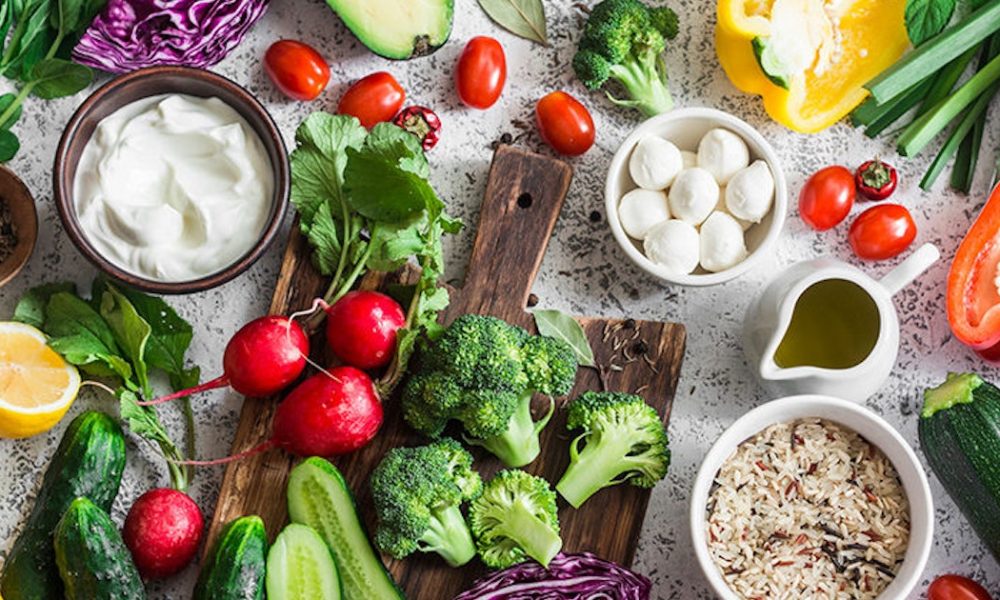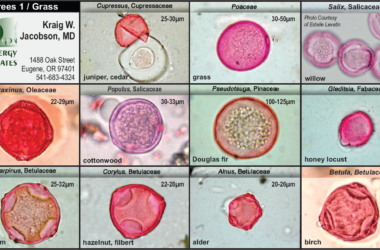 File Photo
File Photo
Here we are in December; the days are getting shorter, and there’s a palpable chill in the air.
Close your eyes and imagine yourself sitting at a balmy seaside café, taking in the smells and sounds of the Mediterranean Sea … and the aromas of the plate of delicately seasoned fish or fowl accompanied by a sea of veggies dressed with the finest olive oil on your table.
This image makes my mouth water and reminds me of past times spent in such a locale. Touted in books and in the media, this type of meal is a popular and healthy alternative.
No diet plan is perfect. We are all different with unique dietary needs. But this is a plan that works well for most people, even those not living near the Mediterranean Sea. The common denominator for this and other healthy diet choices is the focus on nutrient density.
Nutritional professionals who suggest this diet say that these simple but helpful changes in the way you eat will support optimal health.
Eat plenty of vegetables
From a simple plate of sliced fresh (or canned) tomatoes drizzled with olive oil and crumbled feta cheese to stunning salads, garlicky greens, fragrant soups and stews, healthy pizzas or oven-roasted medleys, organic vegetables are a key nutrient-dense component to the fresh taste and delicious flavors of this way of eating.
Change the way you think about meat
If you eat meat, have smaller amounts – small strips of sirloin in a vegetable sauté. Make sure that you use only meat from animals raised their whole life on pasture, which will have fewer but healthier fats, and a better ratio of the inflammatory omega-6 vs. omega-3 fats, which support healthier levels of inflammation.
Start your day off fiber-rich
If you eat breakfast, start your day with eggs from free-range chickens, and fiber-rich foods such as fruit and properly prepared (see below) whole grains to keep you full for hours. A plate of sautéed vegetables topped with a couple of poached eggs is a favorite in our home.
Eat seafood twice a week
Fish such as salmon, herring and tuna are rich in omega-3 fatty acids – especially the important EPA and DHA – and shellfish, including mussels, oysters and clams have many health benefits for brain and heart health.
For variety, cook a vegetarian meal one night a week
Build meals around beans, whole grains and vegetables, and heighten the flavor with flavorful herbs and spices. Make sure your grain and beans are properly soaked prior to cooking to reduce the unhealthy phytates that are present. Phytates bind with minerals in your food and dietary supplements and those nutrients will not be used by your body. A great resource for learning how to prepare grains and beans is the popular cookbook, ”Nourishing Traditions,” by Sally Fallon and Mary G. Enig. This book is available at your local library.
Use good fats
Include sources of healthy fats in daily meals, especially extra-virgin olive oil, soaked nuts, sunflower seeds, olives and avocados.
Enjoy full-fat fermented dairy products
Eat Greek or plain yogurt, kefir and a variety of cheeses. Make sure your dairy products are from animals raised on pasture. If you have cheeses made from raw milk available, these choices may be easier to digest.
For dessert, eat fiber-rich fresh fruit
Choose from a wide range of delicious fresh fruits, including fresh or dried figs, dates, oranges, pomegranates, grapes and apples. Limit dried fruit due to the much higher concentrations of sugar than in the fresh versions.
Here is a simple dressing which is a great topping for a salad or steamed veggies:
Mediterranean Dressing
• 1 teaspoon fresh lemon juice
• 1 medium clove garlic, pressed or chopped
• 1-2 tablespoons extra-virgin olive oil
• Sea salt, black pepper to taste
• 1 1/2 tablespoons sunflower seeds
Are you an avid gardener? If so, you are most likely spending your winter evenings looking at seed catalogs and dreaming about those fresh cukes and tomatoes that you will harvest next summer.
Envision your garden’s bounty: add some fresh herbs for flavor, meat or fish for protein, and a splash of cold-pressed olive oil.
If you close your eyes, you can almost smell the Mediterranean’s salty air.
Salud!
– – – – –
Yaakov Levine is a retired nutritional therapy practitioner and Chronicle columnist. He can be reached at [email protected].







